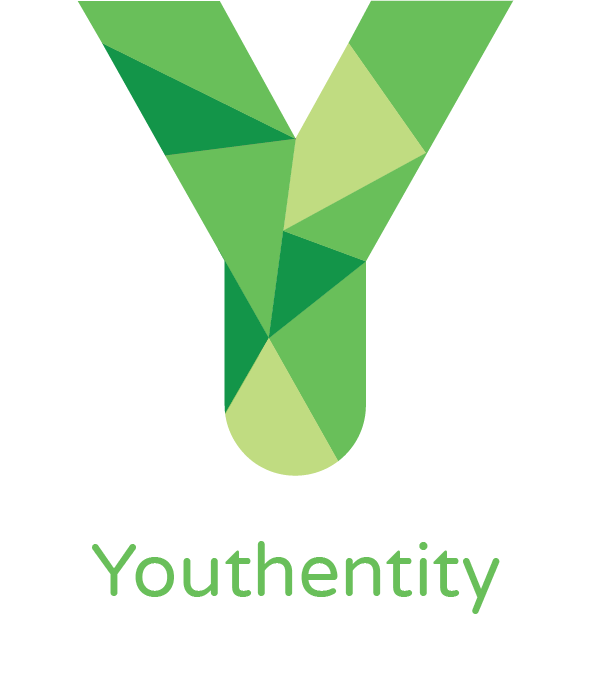Digital Badging Gains Ground for Employers and Employees
You may have heard a lot more about digital badging recently. As the world of work continues to evolve, digital badging has emerged as a way to demonstrate skills. What is digital badging? Also known as micro-credentials, digital badging refers to representing skills, achievements, and competencies using digital icons or badges. These badges contain metadata that provide information about the issuer, the criteria for earning the badge, and evidence of the skills or knowledge associated with it. Digital badges can be especially useful to show individual skills and accomplishments not related to a four-year degree.
At Youthentity, we have begun to incorporate badging into our Career Academy programs for high school students, particularly through our hospitality/culinary arts and construction classes. We feel that it’s incredibly important to stay current in a changing workforce and hiring landscape; digital badging also benefits both employers and employees.
For employers, digital badging offers several benefits:
Verification of skills in hiring: Digital badges serve as verifiable proof of an individual's skills or achievements and provide detailed information about the specific skills acquired, making the hiring process more efficient by providing a quick visual overview of an applicant's qualifications.
Skill-based recruitment: Digital badges allow employers to identify candidates with specific skills or competencies that are relevant to their organization. Instead of relying solely on traditional resumes, employers can search for badges that align with their job requirements, making it easier to find qualified candidates.
Ongoing professional development and promotion of a learning culture: Badges are not limited to formal education or certifications. They can also represent achievements from online courses, workshops, or other professional development activities.
Job-seekers and employees also benefit:
Enhanced credibility and employability: Digital badges provide a credible and verifiable way to showcase one's skills, accomplishments, and competencies. They offer a visual representation of specific achievements, making it easier for employees to demonstrate qualifications to potential employers, clients, or colleagues.
Digital badging promotes a culture of continuous learning and professional development. Employees can earn badges for completing courses, workshops, or training programs, showcasing their commitment to staying up-to-date with industry trends and acquiring new skills.
Portable and shareable credentials: Digital badges are portable and can be easily shared across various platforms, including professional networking sites, social media, and personal websites. This enables employees to showcase their achievements to a broader audience, including potential employers, clients, or collaborators. Sharing badges helps to build a strong online professional presence and expand professional networks.
Skill diversification and versatility: Digital badges allow employees to showcase a wide range of skills and competencies beyond their formal education or job titles. Employees can earn badges for mastering new technologies, soft skills, industry-specific knowledge, or specialized areas of expertise. This diversification of skills increases their versatility in the job market and opens up opportunities for career transitions or pivots.
Overall, digital badging offers a tangible and verifiable way for both employers and job candidates/employees to assess and show qualifications, streamline the hiring process, and promote ongoing learning. At Youthentity, we have an ear to the ground for what employers want to see from prospective employees – and what the next generation needs in order to be successful in their future careers.
Kirsten McDaniel is the Executive Director of Youthentity, a Carbondale-based nonprofit serving 7,000 Colorado youth with financial literacy education and career exploration and planning programs.
